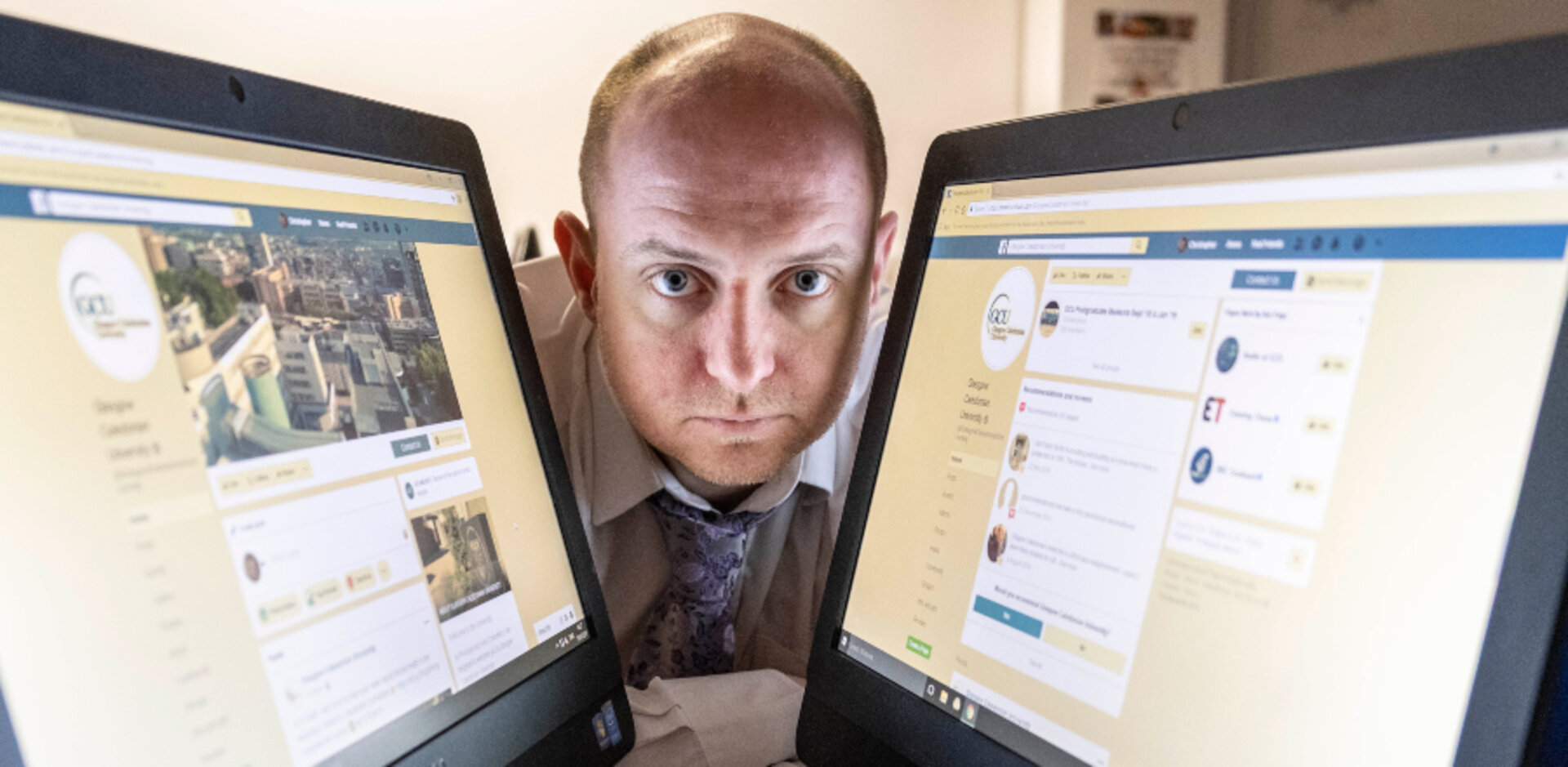Expert warns against 'Covidiot' cyber shaming

Glasgow Caledonian University cyberpsychologist Dr Chris Hand has warned against using social media shaming as a tactic to stop people breaking Coronavirus pandemic lockdown rules.
The researcher and psychology lecturer insisted that the rise in 'Covidiot' cyber shaming is a "dangerous" road to go down and could increase the spread of the virus by rebellious reactionaries.
Dr Hand said: "It's not healthy or helpful to shame people if your objective is to try to get people to change their behaviour and I would be very careful if I was posting images or videos of people online because there could be legal repercussions. Someone could take legal action against you for sharing that type of material. Act first, think later isn't a good strategy.
"It is dangerous to think that shaming people by posting videos or images is an effective strategy. It can ruin people's lives and the risk of getting it wrong is too high. Ironically, it is likely to be minority and vulnerable groups who are being singled out by social media shaming.
"There is also the emotional cost to the shamer if they 'get it wrong'; say for example I take a picture of someone in the supermarket breaking lockdown rules and share it on social media, then I confront that person and they explain it was a mistake, an accident or there are other circumstances. How am I going to feel if I've just humiliated this person because you can't take back what you've said on social media. You have to stop, think and process the consequences of you abusing people online and shaming them.
"Shamers also put themselves at risk. No-one likes a clype. You kind of have to be perfect or squeaky clean if you want to go down that route because who knows what you're going to be caught out doing, particularly with your digital footprint. People could easily go and look at what you've been doing in the past and tell stories about you. It is a bit like the expression 'he who is without sin cast the first stone'."
The longer lockdown goes on, the more frustrated and angry people are becoming towards those who are breaking the rules and the increase in public shaming could have the opposite effect, said Dr Hand.
"Shaming also has another very negative effect and can make people rebel. When they see the some of the extreme behaviour people are being shamed for like mass gatherings, it almost gives people a legitimacy to do small breaches but it is these – when enough people do them – that can be equally problematic," he added.
Dr Hand said younger people were being singled out in social media for lockdown breaches which creates a young versus old debate and only makes them rebel against it and do it more.
He added: "One of the things we have to be particularly careful about it is that, depending on who's doing the shaming, it can become a group divide. For a lot of young adults they like to rebel against authority so if they see their parents, the older generation or authorities pushing back against it, if anything, it will encourage them to do it a bit more.
"You have to think of the long-term consequences of shaming because the target is going to carry that shame with them for a long time."
He said the best strategy is to encourage people to obey the lockdown rules is to promote good behaviour.
"It is much better to reward positive behaviour. If you are going to criticise people when they break the rules, it shouldn't be about shaming – it should be about highlighting the potential negative consequences of their behaviour and not saying they're a Covidiot, evil, horrible or selfish, and reward people for doing the right things," said Dr Hand.
"A thank you or a smile to someone who has made space to socially distance promotes and reinforces good behaviour. Little things make can make a big difference."
